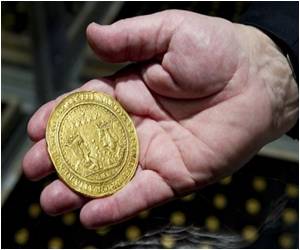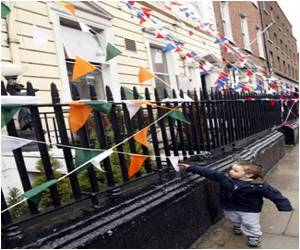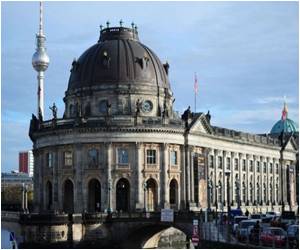As Spain's new King Felipe VI, in military regalia and took the throne alongside his glamorous wife Letizia, customers barely glanced at the television in a bar in central Catalonia.

In this northeastern region, economically powerful and proud of its distinct language and culture, many would prefer to break away from the rest of economically struggling Spain and set up Catalonia as a separate nation.
Secessionist stirrings, fueled by the feeling that Catalans shoulder an unfair tax burden, led the region's political chief Artur Mas to seek a Catalan independence referendum on November 9.
"Here in Catalonia, we are not monarchists. We are not Spanish," said the bar's owner, Josep Clos, 66, voicing his disdain for the ruling class.
"They are all a disgrace. I am already older. I have lived through too many disappointments for a change in king to make me think things will change in Catalonia."
His customers were of a like mind.
"I am not saying I'm not interested. It is just that I don't understand why we have to have a king who lives on our taxes."
Three centuries ago, it was the first city in Catalonia to declare its loyalty to King Felipe V when the region rebelled against his rule.
At the end of the War of the Spanish Succession in 1714, Felipe V -- the first of the French Bourbon line to reign in Spain -- punished Catalonia by abolishing its self-governing institutions.
- Mocking the ceremony -
Cervera's support for the king, seen as a betrayal by many Catalans, gave the region the traitorous nickname of Botifler, reserved for supporters of the Bourbons.
"Animosity towards the Bourbons still exists. They are often blamed for all the historical ills of the region," said Joan Botella, a political science professor at the Autonomous University of Barcelona.
That hostility can still be felt in this small provincial capital, surrounded by fields and gentle valleys, where the Catalan independence flag flies at the entrance to town and over the town hall.
Now the only relics of the town's historic royalist leanings are the majestic old building university building that Felipe V founded as a reward for Cervera's loyalty and an adjoining bar named after him.
In the Felipe V bar, two customers mock the royal ceremony taking place in Madrid while the bar owner, Xavier Canete, a monarchist, looks on critically.
"I think Felipe will be a good king," Canete said.
"The thing is that people here only think of independence, but no king will give independence to Catalonia. What's more, it is not good for us," the bar owner said.
But his is a minority opinion.
The town hall even wants to withdraw the title of Count of Cervera bestowed on the heir to the Spanish throne, who is now Leonor, the blonde-haired eight-year-old daughter of Felipe and Letizia.
"I think that's a good idea," said 18-year-old Carolina Codina.
"Here we want independence," she said.
Like her, many Cervera citizens are hoping to vote for secession in a November 9 referendum, a vote which Spanish Prime Minister Mariano Rajoy has vowed to block saying it flouts the constitution.
After his swearing in, Felipe VI declared to parliament his "faith in the unity of Spain".
The new king said this did not mean "uniformity", stressing the need for understanding in a richly diverse country.
"He can't decide anything but he could stir dialogue," said University of Barcelona political scientist Jordi Matas. "That climate of understanding is what is needed."
Source-AFP
 MEDINDIA
MEDINDIA




 Email
Email




